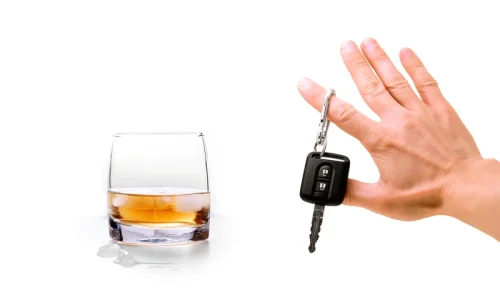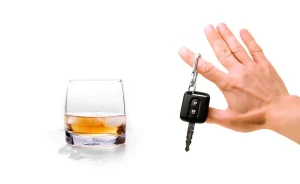
You may be wondering where your favorite wine fits into these categories? The convenient chart below, published by Wine Folly, provides a good summary of where various red wines fall along this continuum. The amount that’s just right, according to a new study published in the Annals of Internal Medicine, might be a nightly glass of wine with dinner—for some people, anyway. It seems clear that small to moderate amounts of red wine can be good for you. However, there are also some important negative aspects to consider, which are discussed below. Red wine has been linked with several other health benefits, many of which are attributed to its potent antioxidants.
Alcohol Builds Up in Your Bloodstream

So that espresso martini or Irish coffee might end up making you need the bathroom. Today, my intention is to explore the fascinating subject of whether wine can potentially cause dehydration. Being a wine aficionado myself, I have frequently contemplated this matter and I am eager to reveal my findings. Acetate and other waste products are then removed from the body as carbon dioxide and water, primarily through lungs.
How to Alleviate Wine’s Dehydrating Effects?

Yes, alcohol has a diuretic effect, which means that consuming alcohol increases urine production and leads to fluid loss and dehydration. While some studies have shown the health benefits of drinking red wine, you should weigh the benefits against the risks and keep in mind the dangers of alcohol abuse. Red wine is an alcoholic drink with a deep red color that comes from dark-colored grapes. To produce red wine, winemakers ferment crushed grapes, including the grape skin. Yeast grows and takes in the natural sugars, converting them into alcohol. It seems simple, but water truly is the best beverage when it comes to fast rehydration.
Recognizing Dehydration from Wine Consumption

“Partly it’s the benefits of the alcohol, but red wine also contains a lot of unique antioxidants that are hard to get other places,” O’Keefe says. The powerful plant compounds in red wine have been linked with many health benefits, including reduced inflammation, lower risk of heart disease and cancer, and extended lifespan. There is some evidence that drinking red wine may offer health benefits.

shop your all day essentials

The key to making sure a night out doesn’t turn into a head-pounding hangover is to drink plenty of water throughout, Mieses Malchuk says. That will increase your ability to reabsorb water, and leave you more likely to wake up feeling sparkling and ready to face the day — or at least less inclined to put a pillow over your head. Being able alcoholism symptoms to identify these signs is the first step in addressing dehydration.
- The chemical, Acetaldehyde, is a byproduct your body produces while metabolizing ethanol.
- There seems to be a J-shaped curve that explains the relationship between wine intake and the risk of heart disease.
- “Incorporate water before, during and after alcohol consumption to help combat that water and electrolyte loss.”
- A study found that when resveratrol was consumed in conjunction with a benzoyl peroxide skin-treatment, the acne-prevention was enhanced dramatically.
- Don’t be afraid to ask for recommendations based on your personal taste preferences and budget constraints.
Reduced Vasopressin Production
These antioxidants are great for health but don’t really change how wine affects your hydration. White wines, on the other hand, tend to be higher in sugar, which does impact hydration. This sugar can speed up how fast alcohol hits your bloodstream, potentially making dehydration worse. But when it comes down to it, the type of wine’s impact on hydration is more about the alcohol content than these other bits. So, whether it’s red or white, both does red wine dehydrate you can dehydrate you, mainly depending on their alcohol strength and how much you drink.
- Yep, drinking red wine in moderation can be healthy—and here’s the proof.
- Drinks with higher alcohol content, including vodka, whiskey, and rum, can have a stronger dehydrating effect than beverages with lower alcohol content, such as beer or wine.
- If you have a history of substance abuse, then you should probably avoid wine and any other alcoholic beverage completely.
- Drinking more than that—especially with an already damaged liver—can cause alcohol levels to build.